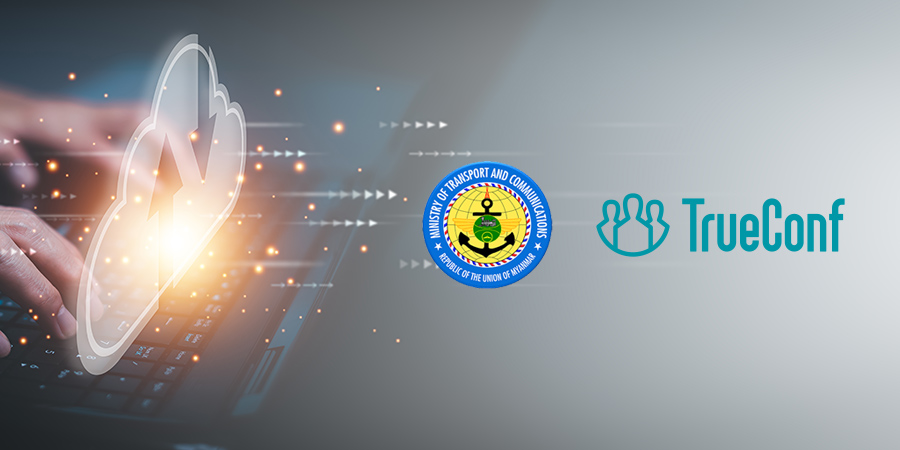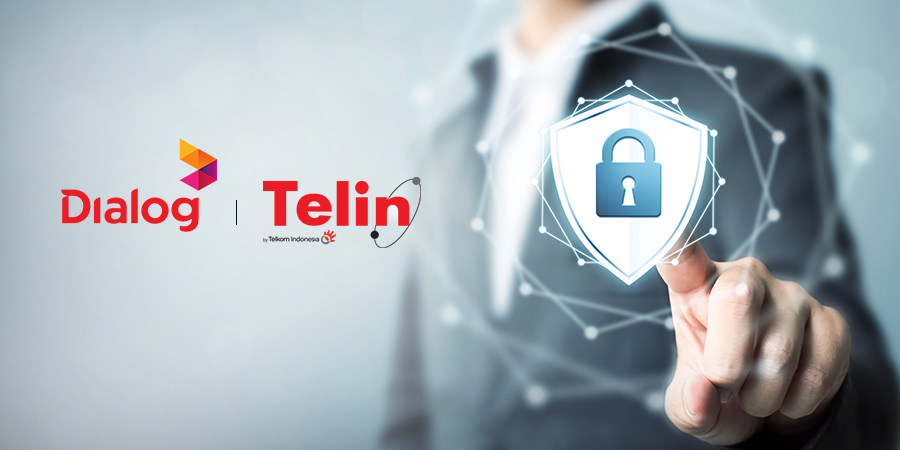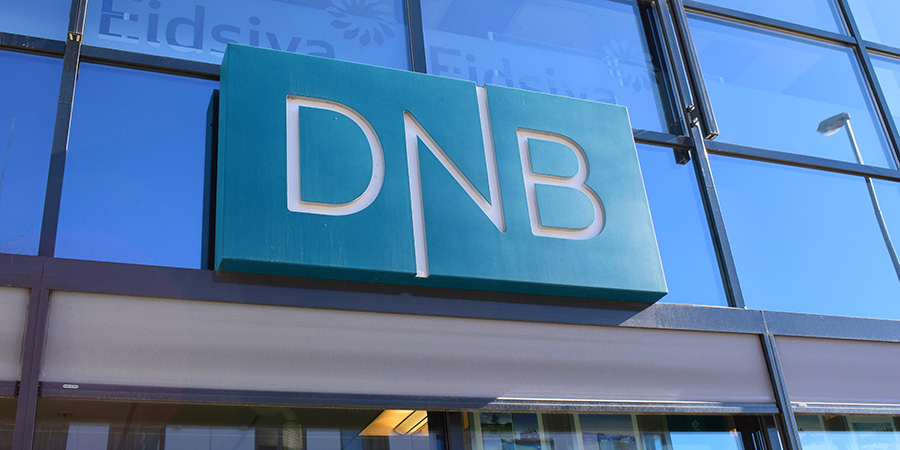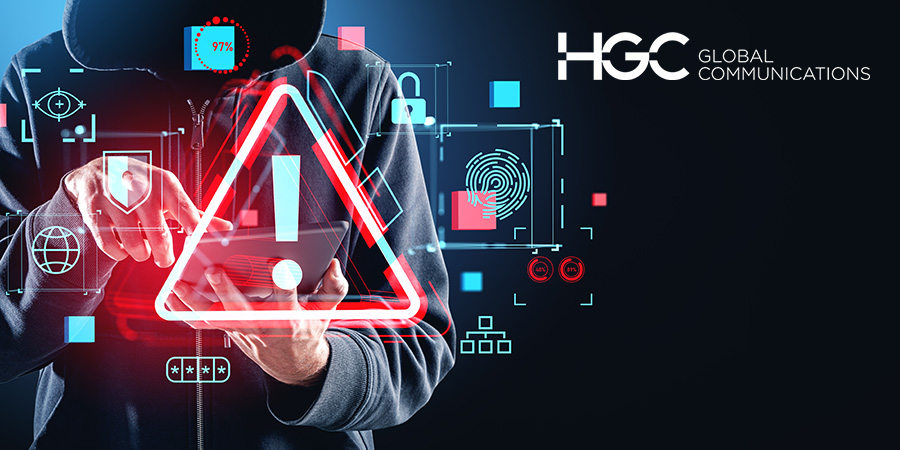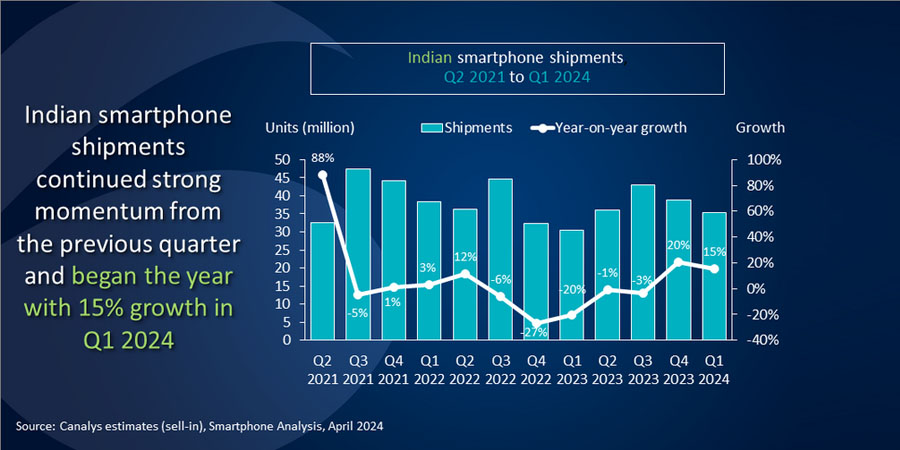HGC Global Communications Limited, an ICT service provider and network operator, confirmed that Secured Broadband has effectively thwarted more than 472,000 diverse cyber threats during the latter half of 2023.
This protective measure shields businesses from various cyber dangers like ransomware, data breaches, and operational interruptions, thereby facilitating digital evolution and business growth for small and medium-sized enterprises (SMEs).
The Cyber Threats Landscape
As businesses embrace emerging technologies like artificial intelligence (AI), they stand to gain considerable advantages. Yet, alongside these advancements, the landscape of cyber threats grows increasingly intricate. Drawing from insights provided by HGC's cybersecurity team, Security Broadband effectively thwarted over 472,000 distinct cyber assaults in the latter half of 2023, spanning ransomware, botnets, and phishing schemes. These attacks manifest in diverse forms, with approximately 80% originating from spoofed emails or deceptive phishing websites, underscoring the substantial hurdles they present to businesses' day-to-day operations.
Secured Broadband has received widespread acclaim and recognition from SMEs in a variety of industries, including healthcare, engineering, retail, manufacturing, and food and beverage. Furthermore, more than half of the users who participated in the three-month trial chose to subscribe to the Secured Broadband service.
Some customers even paid for add-on features, like the sandbox, which isolates suspicious files in a separate environment to protect against cyber virus infections on the system and network. This feature improves SMEs’ resilience in the face of increasingly sophisticated and complex cyberattacks. Additionally, the solution provides URL filtering and regular cybersecurity reports, allowing SMEs to gain a thorough understanding of their network systems and manage them effectively.
Empowering Digital Transformation
Secured Broadband is the first solution to be introduced to the market by HGC and Check Point® Software Technologies Ltd. This service amalgamates high-speed fiber broadband with cutting-edge cybersecurity features. Unlike conventional cybersecurity tools like firewalls and antivirus software, Secured Broadband is specifically crafted for the unique requirements of small and medium-sized enterprises (SMEs), seamlessly integrating broadband connectivity with comprehensive cyber protection.
Operating on an accessible fixed monthly subscription model, it aims to alleviate challenges faced by SMEs such as limited resources, expertise gaps, and financial constraints. This approach enables SMEs to effortlessly access enterprise-level cybersecurity capabilities, empowering them to embark on their digital transformation journey with confidence.
Alex Chan, Vice President, Enterprise Market, HGC Global Communications, said, “Our HGC team acknowledges the paramount importance of cybersecurity to our SME clients. The significant number of successfully defended cyber-attacks by Security Broadband within a span of just six months reflects the critical role of cybersecurity solutions for them. Looking ahead, cyber-attacks are expected to continue increasing, with a potential for wider impact.
“According to Cybersecurity Ventures' Cybercrime report1, global losses due to cybercrime are projected to reach USD 10.5 trillion annually by 2025. This undoubtedly poses a major challenge for businesses. We are committed to providing suitable and cost-effective ICT solutions to meet the needs of SMEs.”
He also added that their goal is to safeguard SMEs on their digital transformation journey and assist them in navigating through rapidly evolving security threats. Comprehensive support will be offered, enabling SMEs to focus on their business development.




















